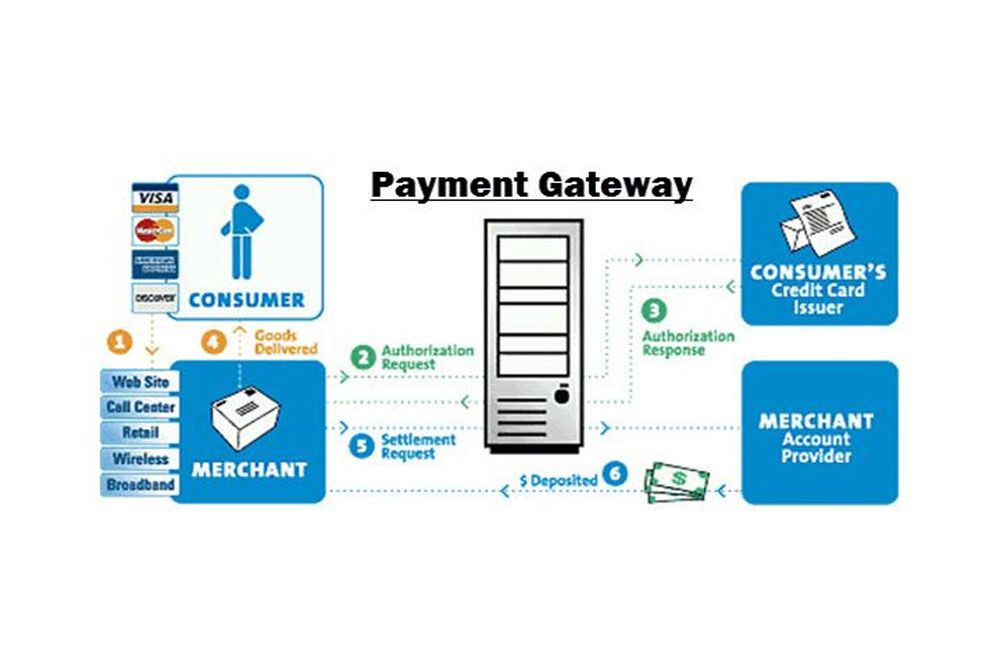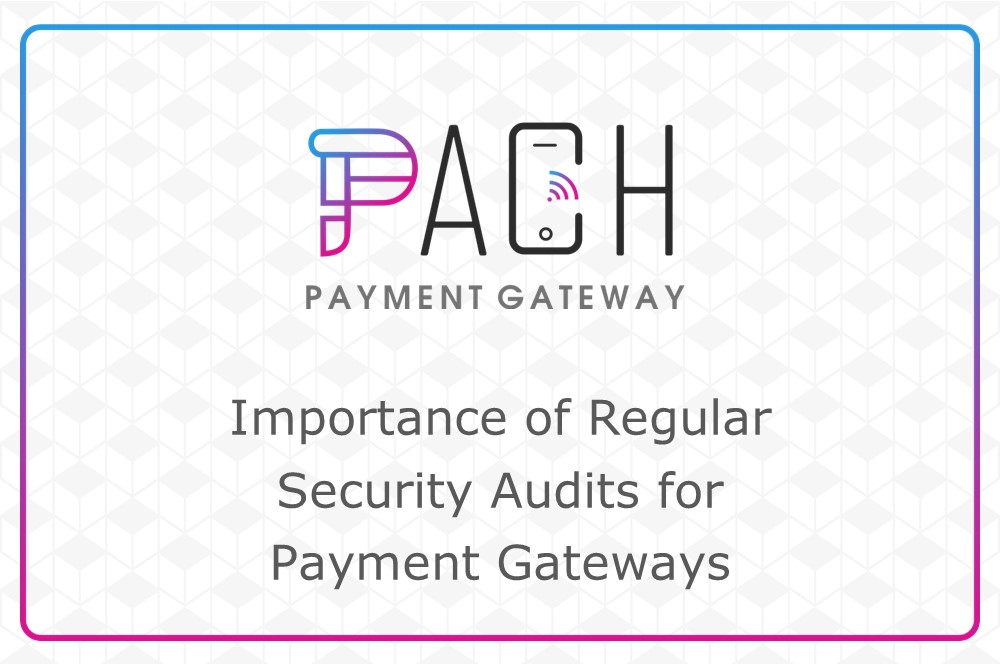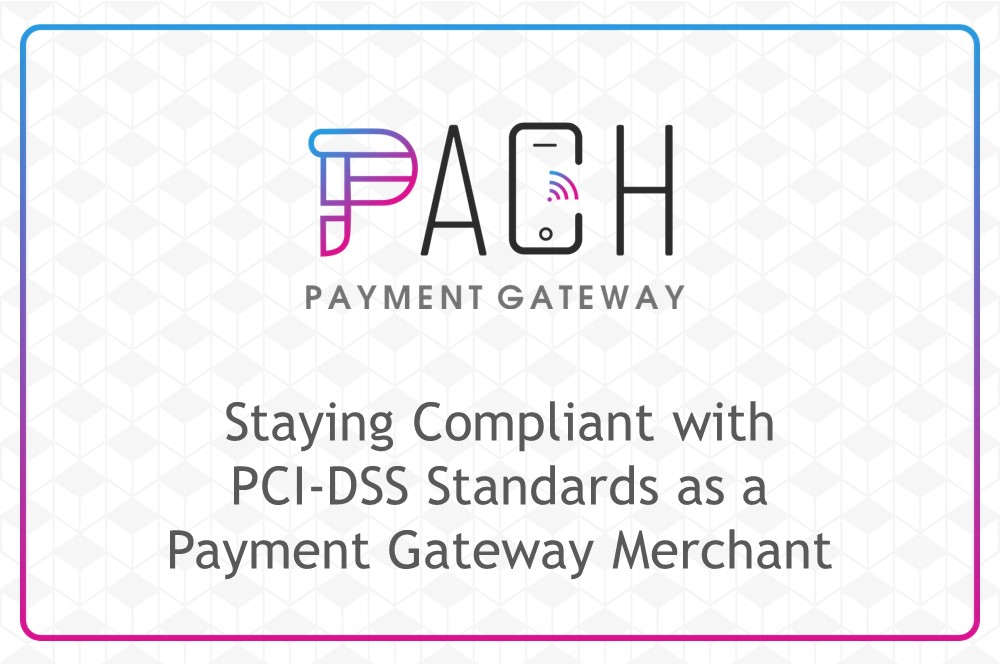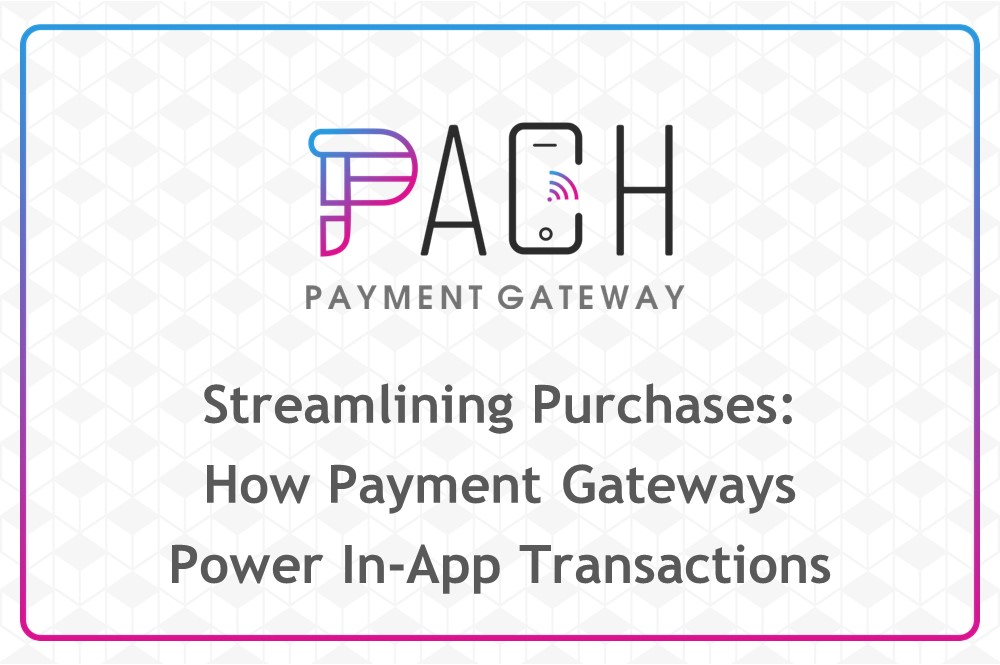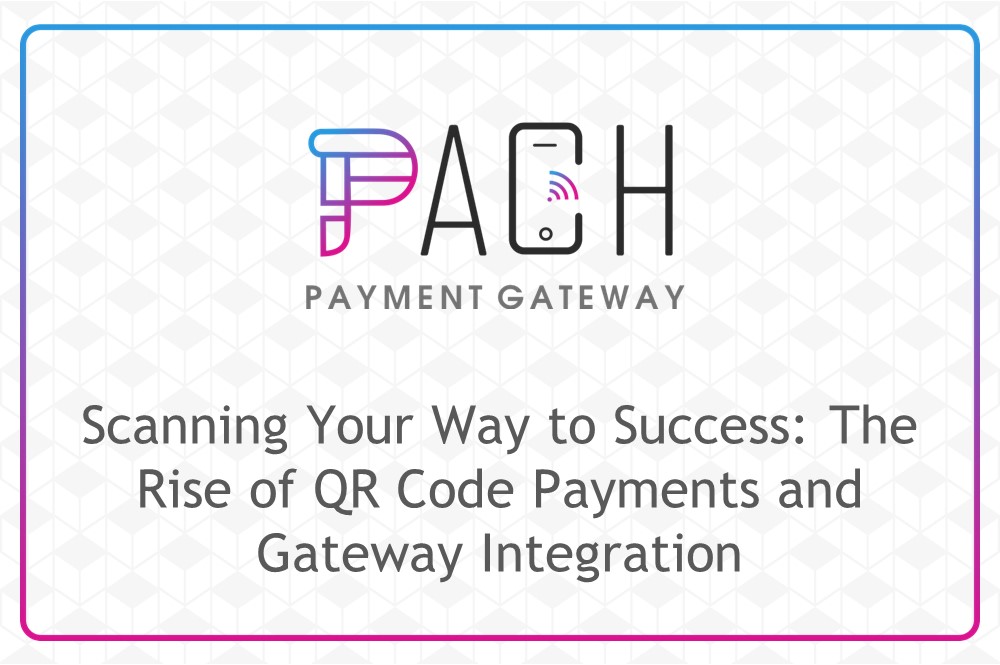The Role of Payment Gateways in the Nonprofit Sector
Jan 18, 2025 - 2 MINS READ
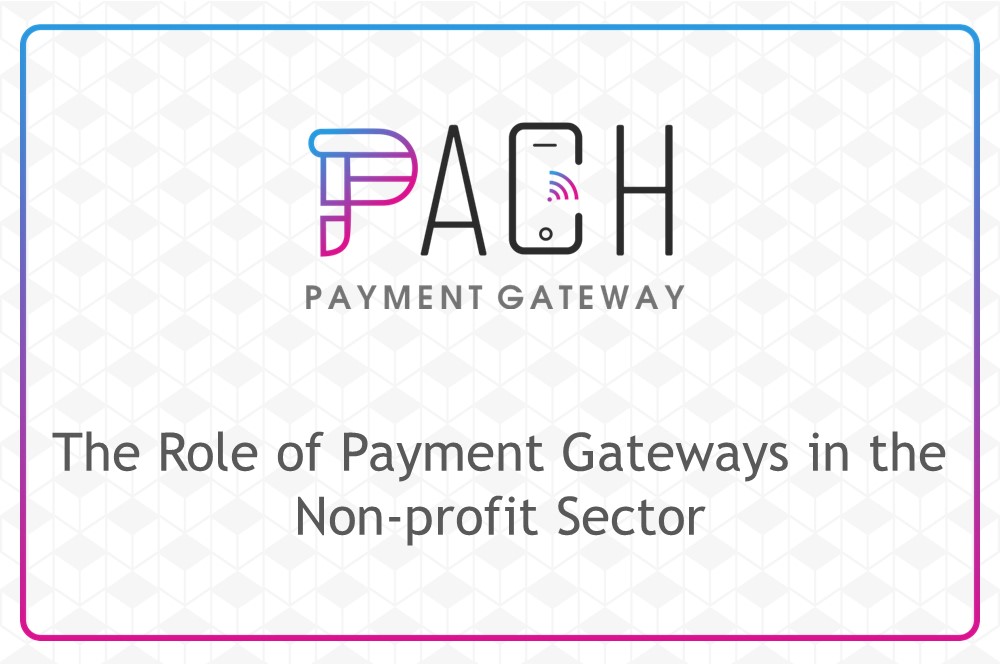
Introduction
Nonprofit organizations play a vital role in addressing societal challenges. To effectively fulfill their missions, they rely on donations and fundraising efforts. Payment gateways have emerged as indispensable tools for nonprofits, streamlining fundraising processes, enhancing donor experience, and maximizing impact. This blog explores the significance of payment gateways in the nonprofit sector.
The Importance of Payment Gateways for Nonprofits
-
Streamlined Fundraising: Payment gateways simplify the donation process for supporters, allowing them to contribute easily through various channels such as websites, mobile apps, and social media.
-
Enhanced Donor Experience: By providing secure and convenient payment options, nonprofits can cultivate trust and loyalty among donors.
-
Increased Fundraising Efficiency: Payment gateways automate transaction processing, reducing administrative burdens and allowing nonprofits to focus on their core mission.
-
Data-Driven Decision Making: Many payment gateways offer analytics tools that provide valuable insights into donor behavior, enabling nonprofits to tailor their fundraising strategies accordingly.
-
Expanded Donor Base: By accepting a wide range of payment methods, including credit cards, debit cards, and digital wallets, nonprofits can reach a broader donor audience.
Key Considerations for Nonprofits Choosing a Payment Gateway
-
Fees: Nonprofits should carefully evaluate the fees associated with different payment gateways to ensure they align with their budget.
-
Security: Protecting donor information is paramount. Choose a payment gateway with robust security features to safeguard sensitive data.
-
Integration: The payment gateway should seamlessly integrate with the nonprofit's website and donor management system.
-
Donor Experience: Consider the user experience when selecting a payment gateway. A smooth and intuitive donation process is essential.
-
Customer Support: Reliable customer support is crucial for resolving any payment-related issues promptly.
-
Donor Data Privacy: Ensure the payment gateway complies with data privacy regulations to protect donor information.
Challenges and Opportunities
While payment gateways offer numerous benefits, nonprofits may face challenges such as:
-
High Processing Fees: Some payment gateways charge substantial fees, impacting the overall funds raised.
-
Chargebacks: Fraudulent chargebacks can negatively impact a nonprofit's finances.
-
Donor Data Security: Protecting sensitive donor information requires ongoing vigilance.
To overcome these challenges, nonprofits can explore opportunities like:
-
Donor-Covered Fees: Offering donors the option to cover payment processing fees can increase the net amount received.
-
Fraud Prevention Tools: Utilize advanced fraud detection technologies to minimize chargebacks.
-
Data Encryption: Implement robust encryption measures to safeguard donor data.

